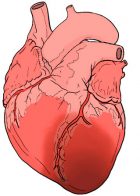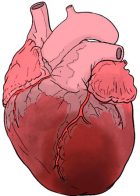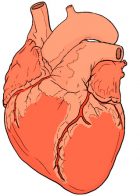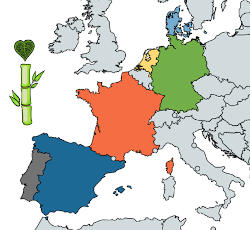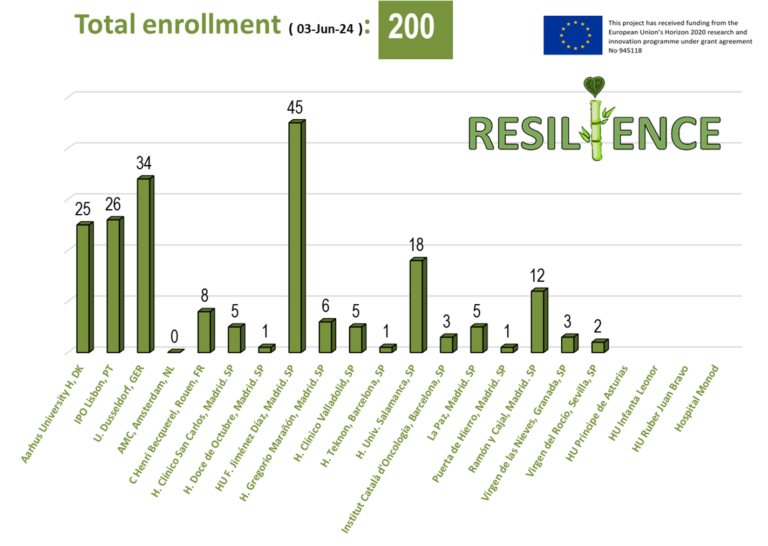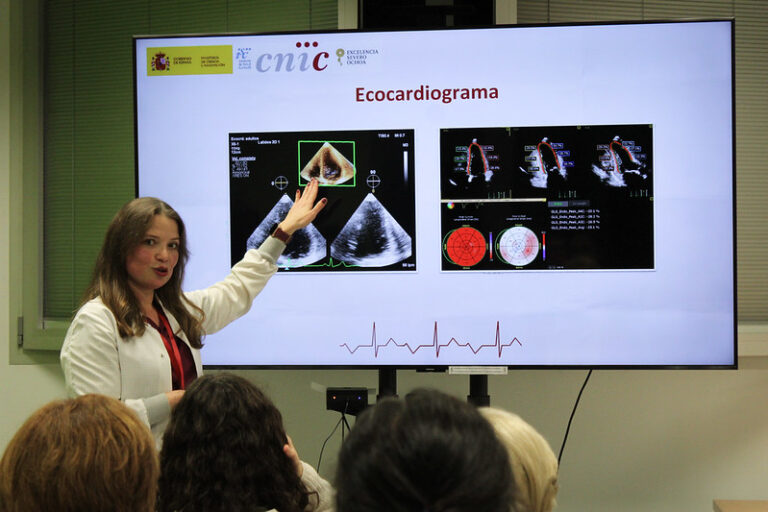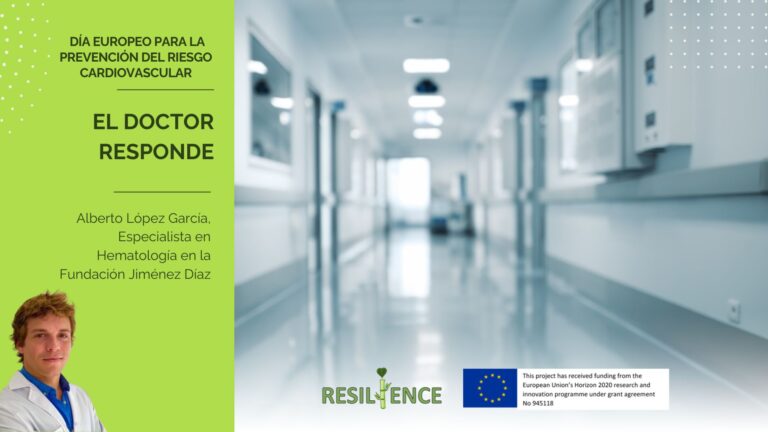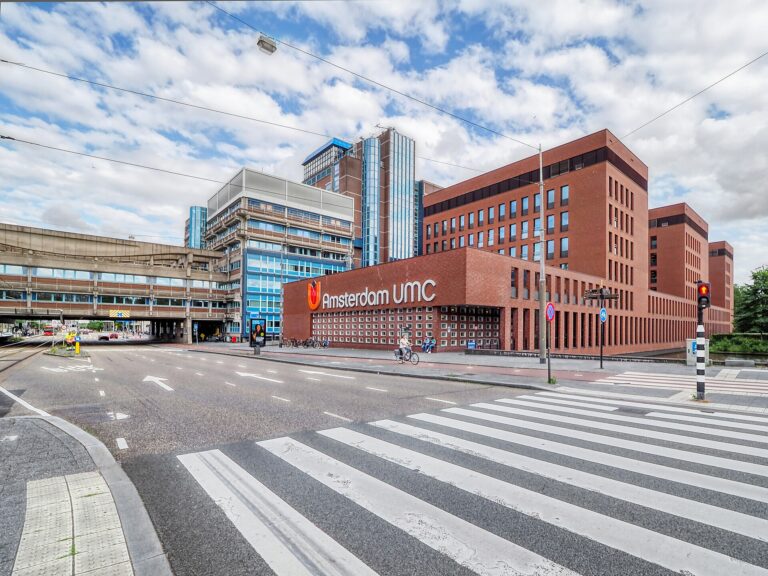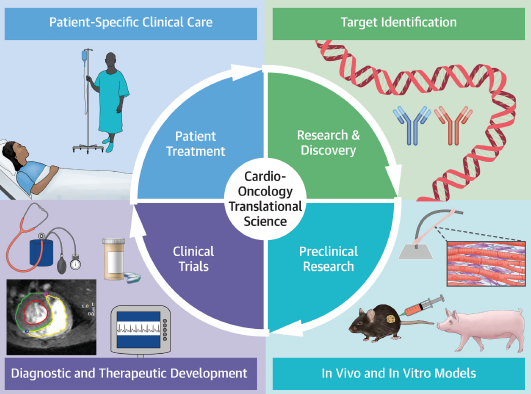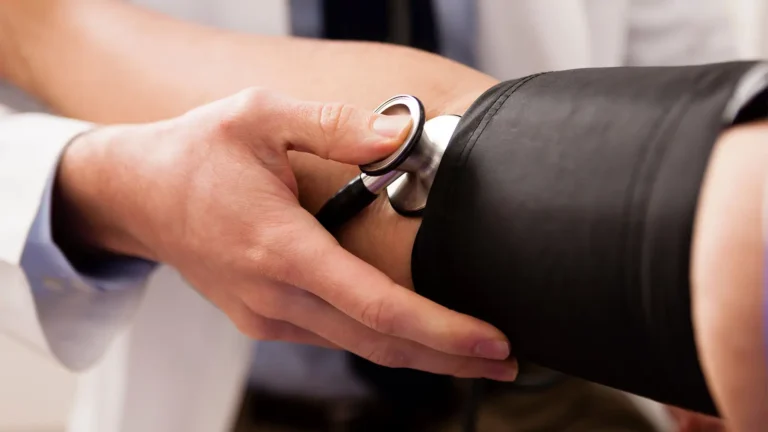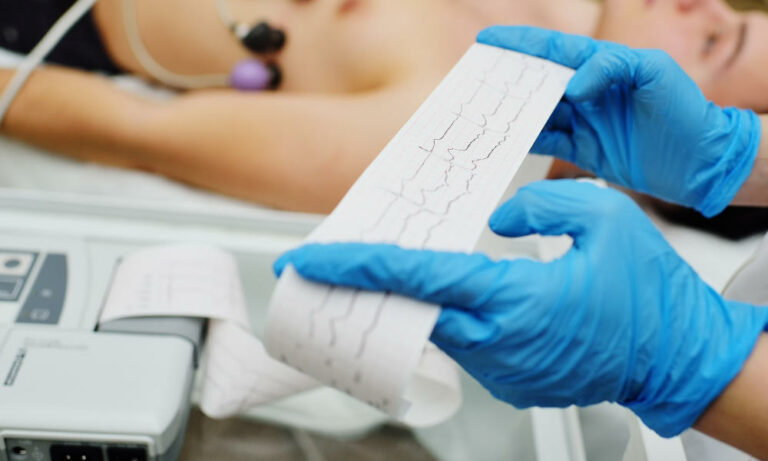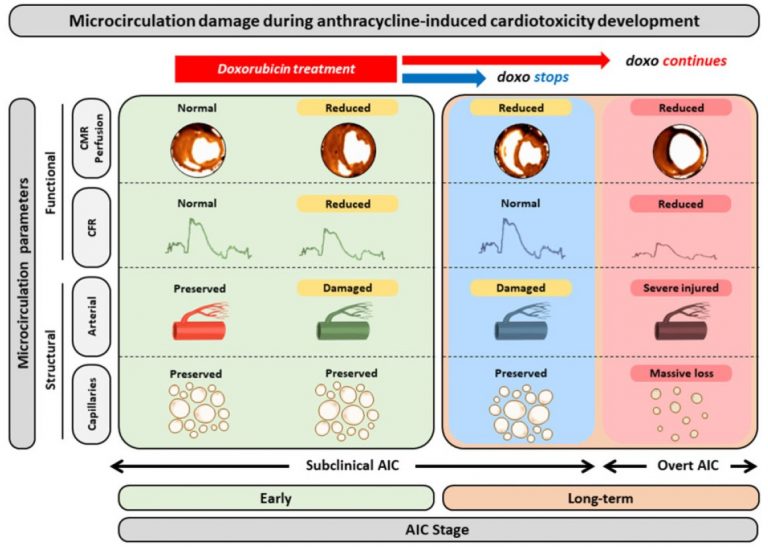Currently, thanks to the progress in research and development of effective cancer therapies carried out by the health scientist, the number of people who manage to overcome this disease is increasing.
Early detection of cancer increases the percentage of success in its cure and, therefore, at RESILIENCE we want to share with you in this post how this early diagnosis is determined and what its advantages are.
How can you get an early diagnosis of cancer?
The early diagnosis of cancer is the one made before the tumor has manifested itself through signs or symptoms.
There are two ways to obtain an early diagnosis of cancer:
- Recognition of initial signs and symptoms without reaching an advanced phase. Two clear examples of this are breast self-examination to detect lumps in the case of breast cancer, and monitoring moles, whether new or pre-existing, which can help us make an early diagnosis of melanoma.
- Obtaining an early diagnosis through screening
Screening consists of carrying out specific tests on the general population that is most likely (by age, sex, etc.) to suffer from certain anomalies that may indicate the existence of a specific type of cancer. Some of the screenings that are effective and accessible today are:- Mammography for breast cancer
- Papanicolau test for cervical cancer
- Detection of blood in stool for colorectal cancer
What are the most frequent screenings in Spain?
Breast cancer screening
Breast cancer is one of the most common cancers in women around the world, with a special incidence in ages between 45 and 65 years.
Its screening consists of performing a mammography every two years on women who are between 50 and 69 years old. In some regions it has been expanded and this test begins at the age of 45.
Screening for colon or colorectal cancer
Colorectal cancer is the one with the highest number of cases taking into account both sexes and is the second cause of death from cancer. However, it has been shown that it is one of the easiest tumors to treat if an early diagnosis is obtained.
Screening is carried out on men and women aged 50 to 69 every two years and consists of two tests: fecal occult blood test and, if necessary, colonoscopy.
Screening for cervical cancer
Since July 1st 2019, the autonomies have the obligation to invite by letter all women between 25 and 65 years old to take these tests.
In women between 25 and 34 years old, cytology tests are performed every 3 years and, starting at age 35, they are tested to detect the high-risk human papillomavirus. If the result is negative, the test is repeated after 5 years.
What are the advantages of early cancer detection?
In many cases, early diagnosis of cancer and its cure are linked.
Because the disease is in its minimal expression, it is very likely that the chances of metastasis are minimal. Therefore, early diagnosis allows it to be treated effectively and with certain guarantees of cure.
In the three most common types of screening (breast cancer, cervical cancer and colon cancer), results obtained have had a very positive impact reducing their incidence and mortality. According to the latest monographic report in screening available from the Ministry of Health in 2017, when tumors are detected early, the five-year survival rate is above 90%.
For all this, carrying out screenings and making society aware of their participation is vital. Thanks to these tests, we can detect cancer disease early, treat it and cure it in time. Early detection of cancer saves lives.

